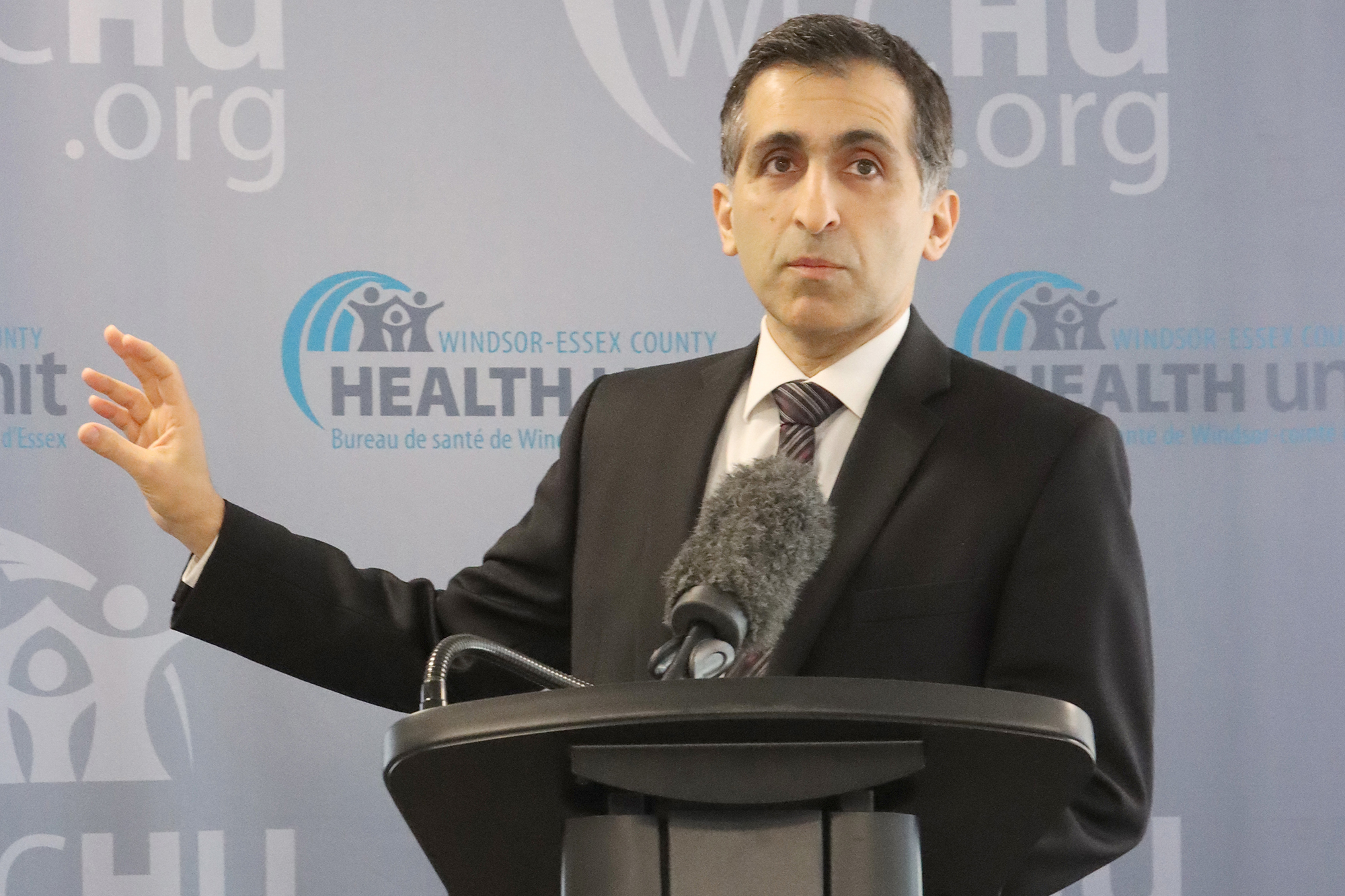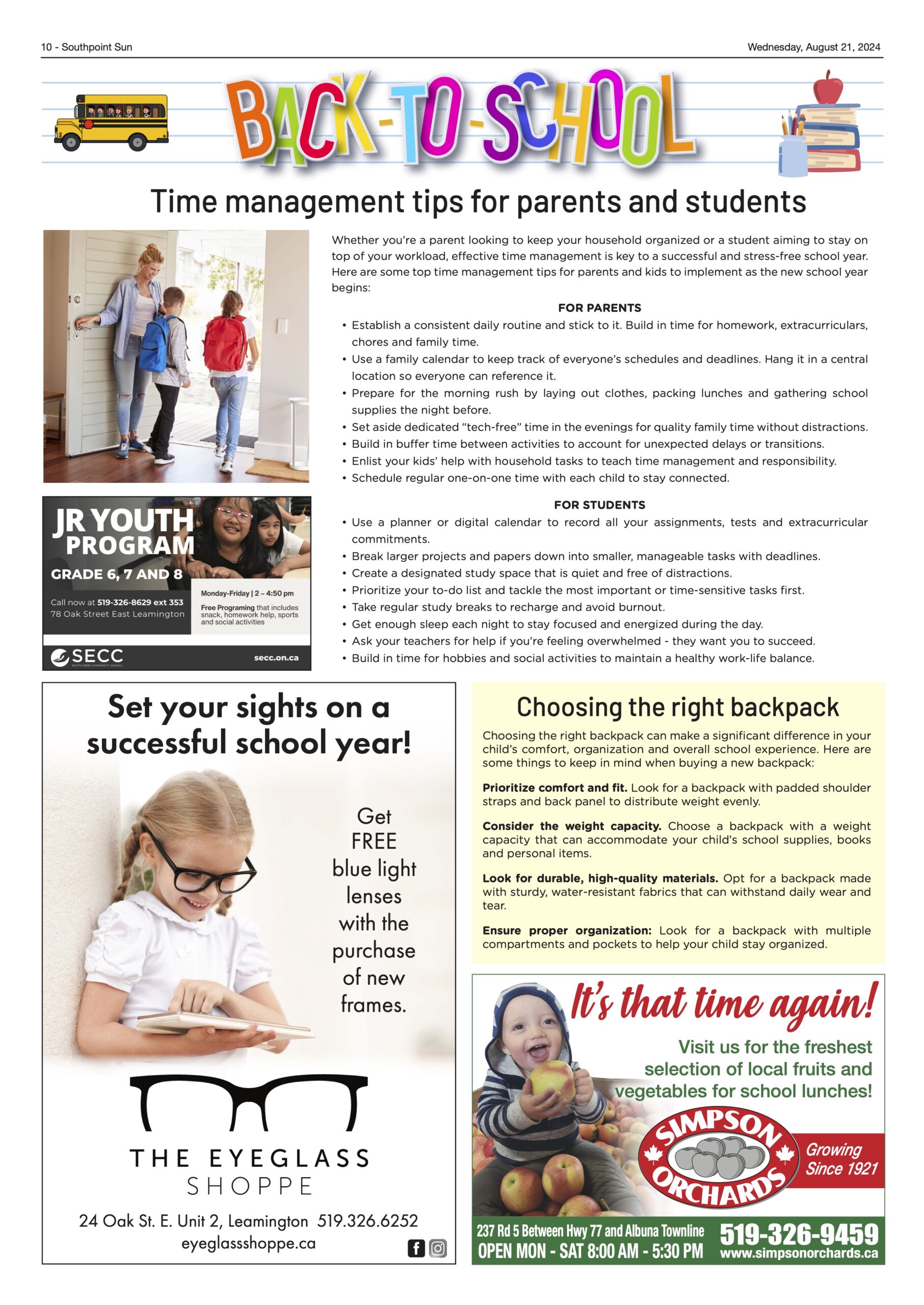At a media event in Leamington on Thursday, April 17, the Windsor-Essex County Health Unit’s (WECHU) Medical Officer of Health, Dr. Mehdi Aloosh, shared information on the increasing cases of measles within the region and steps that residents can take to keep safe.
Measles is known for being highly contagious and easily spread amongst unvaccinated populations. The virus is spread when an infected person coughs, sneezes, or even talks in an area and can remain in the air in a confined space for up to two hours after the individual has left.
Since the first case was reported in February of this year, the WECHU has confirmed 69 cases of measles and monitored each of them to determine contacts and mass public exposures.
To date, cases have been highly concentrated in the Leamington and Kingsville areas, however Dr. Aloosh shared that spread amongst unvaccinated populations in other municipalities is a growing concern.
The WECHU is asking all Windsor and Essex County residents to check their vaccination status. Getting vaccinated against measles is the best way to prevent serious illness and avoid hospital visits as two doses of the Measles, Mumps, and Rubella (MMR) vaccine provides 97% protection against measles.
According to the Health Unit, these doses are administered at one year of age, with a second dose between four and six years of age. Given the current increased risk for unvaccinated children, children can receive their first dose ahead of schedule between six and 12 months of age. In these cases a third dose may be necessary.
With a high percentage of cases being amongst school-aged children, the health unit also advised of the measures which will be taken when a case of measles is identified within a school.
To help prevent the spread of illness, if a case of measles is confirmed in a classroom, any student who has not received two doses of the MMR vaccine will be excluded from school for up to 21 days. This exclusion from school applies to students with a valid immunization exemption on file.
Dr. Aloosh stated that young children, pregnant women and those with compromised immune systems are most at risk.
He said that babies 0-3 months old will be protected as long as their mother had immunity. The age group between three months and one year are most at risk.
As for those born before 1970 (introduction of measles vaccine) , it’s very likely you’ve already had the measles and if you have, Dr. Aloosh says that’s a lifetime immunity, although it may wane a bit over time.
The rule of thumb is simple: People should stay home when they are feeling unwell, or if they have been exposed to the measles virus.
This past weekend’s Easter festivities may produce an uptick in cases due to large gatherings.
Symptoms can appear up to 21 days following an exposure and usually last for 1 to 2 weeks.
An online self-assessment tool can be found on the WECHU’s website (wechu.org) which will provide next steps for those who may have been exposed or are experiencing symptoms.









































